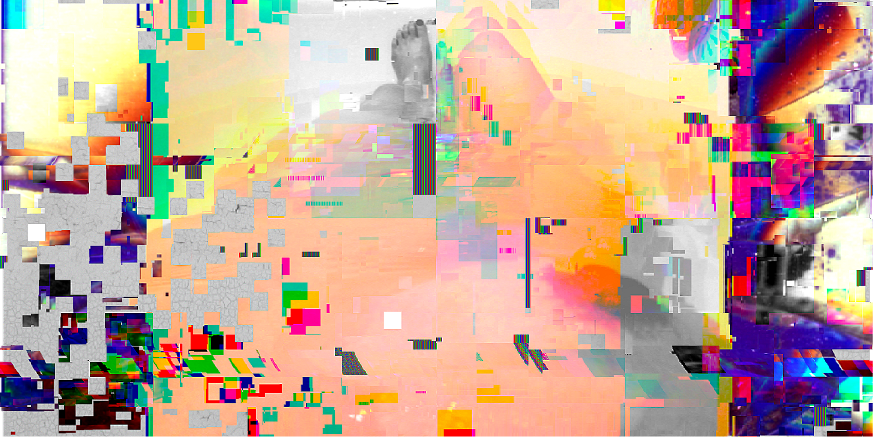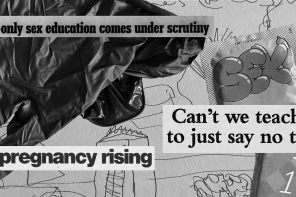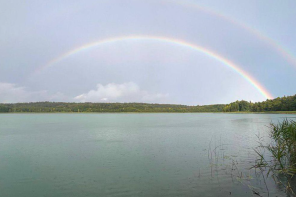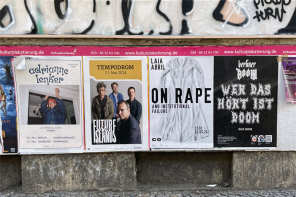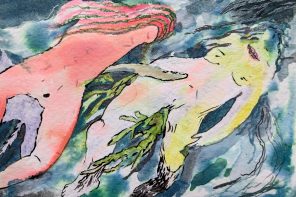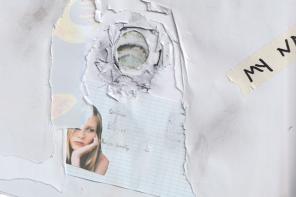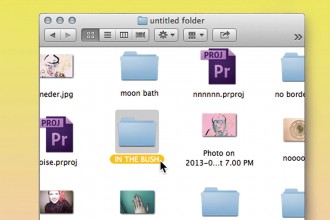Licking our wounds, exhausted
We slink into the concrete box.
Some bring snacks, flowers, and poems,
Lay down a quilted blanket.
Scatter pillows and flyers.
Sit down.
All starving for shared feeling.
We see snapshots of the Best Life being lived.
Success of estranged friends from afar.
The hook of collective joy, anger, grief,
Like a cat claw caught on a thread
Tugging at your insides.
Spot on memes, words of Self-Care.
Modeling how you’re meant to be.
Your planets are misaligned, but they’re totally aligned
For you to slow down and organize yourself
To focus and make a mess of things
To finally create those boundaries.
To become someone completely new and different
And more true to You than ever.
Lost in a maze of tags
The blow of finding new memories of lost loves
As time freezes, the minutes drain away.
Until it settles in, that metallic aftertaste.
Heavy breathing from somewhere.
A vague smell of burning hair and plastic.
Is that what’s heating up the place?
It’s easy to ignore though
when Everyone’s here, ignoring it with you.
We relax enough to take our shirts off
And the illusion glitches at the sight of our nipples
Hardening, the temperature drops
a shock of goosebumps, clenched teeth.
The fluorescent lights flicker.
This was never a picnic
Our comfort laid over a farce
an observation chamber,
mic’d and one-way mirrored.
We scream into the dark and hear nothing.
*~*~*~*~*~*~*~*~*~*~*
At a time when community health care required being far enough apart not to share breath, this box felt enough like the togetherness I craved. Fully aware it’s an escape, I let myself fall in over and over. And leave feeling both empty and engorged with emotions.
Day to day, I write and organize projects about the digital commons — where groups of people with aligned goals build systems of digital communication and information that they rely on and steward together. Like a community garden, but we dig our hands into signals, scatter bits and pixels so they grow into something meaningful. Platform co-operatives, community networks, digital research and cultural archives, Free and Open Source projects, are just some examples.
I tend to get preoccupied with the functional aspects of digital commoning. How to overcome the dysfunction of volunteerism and good will, exploitation and burnout. How to build systems of thoughtful communication and participation. How to use money as a tool to sustain a project and compensate people’s labor, but not allow it to become a fixation — a means not an end. How the right kinds of social enterprises and public infrastructure could realize these dreams.
But I’ve been trying to get out of my head more lately. I’ve finally come to terms with the fact that I’m nonbinary, and want to relish in the freedom of exploring the gender that I get to define. Want to take up space to move, to dance. Escape less, feel more. And I want to extend this feeling into my work.
So I’ve been chewing on this: How do we make the digital commons erotic? Erotic, in the sense Audre Lorde describes in The Uses of the Erotic: The Erotic as Power. As I conjure a future of thriving digital infrastructure, I imagine the possibility of sharing deep feeling with others. How collective power could derive from “open and fearless underlining of my capacity for joy.”
In the world I imagine, data connects me to my surroundings, and situates me into the hard and soft truths of where I live. The signals feed me healthy servings of knowledge and gratitude about the world. I enter and exit digital spaces feeling embodied, present.
Without manipulation, being aligned with others’ attention and energy levels feels pure and good. We scream, sigh, and process. Strategize about what to do about what’s broke. We compensate each other for our time and care. It’s arousing to live in abundance, where we’re valued for our labor.
At the edge of this dream lies the nipple — a nub of life and pleasure.
The black box can’t compute them. Whose are they? Is there a vagina somewhere, out of frame? Nipples threaten classification. They undermine the binary. They unveil the operator behind the machine, their insatiable need to codify who we are into data.
As long as mine sit atop handfuls of flesh, they violate the Policies. These policies — whose are they? Is there an uptight asshole somewhere, out of frame?
The Platforms pretend to be aloof while embedding bias into their service. Algorithms scrutinize every skim, swipe, and linger. They categorize and package our emotions and tastes. So long as they feed on us as quantifiable sellable parts, those networks will never be ours. Never public. Never, ever a commons. Not somewhere we have agency, where we can decide how to be and feel with each other without fear.
Building alternative infrastructure isn’t easy though. It’s a slog to find the resources, the money, to make it possible for people to meaningfully participate. We’re not familiar with deciding together. Having control means having responsibility. Holding that with others means de-centering yourself and learning compromise.
But it’s worth the struggle. Something different is always possible. Something truly ours.
For as we begin to recognize our deepest feelings, we begin to give up, of necessity, being satisfied with suffering and self-negation, and with the numbness which so often seems like their only alternative in our society. —
Audre Lorde, The Uses of the Erotic: The Erotic as Power
*~*~*~*~*~*~*~*~*~*~*
I want to roll around in the muck.
Squeeze grainy mud between my toes
And spread it across my bare chest
As beetles skitter down my thighs.
It’s worth getting exposed to the elements,
To scrap up materials to build a home
While arguing and compromising with family.
Knowing we’ll arrive at some kind of peace
Because in the end, we want the same thing:
A safe, soft space for our imagination and love.
Mai Ishikawa Sutton is an organizer, facilitator, writer, & editor. Their work focuses on the intersection of technology and the solidarity economy. They are co-founder and editor of COMPOST (compost.digital/), an online decentralized magazine and creative lab to cultivate the digital commons.

